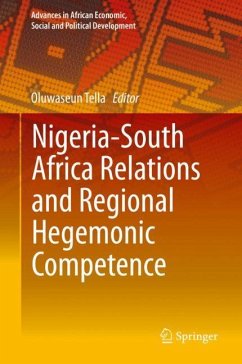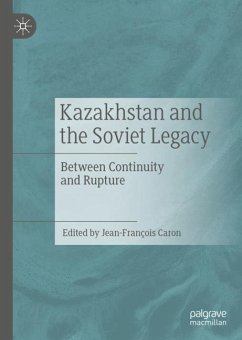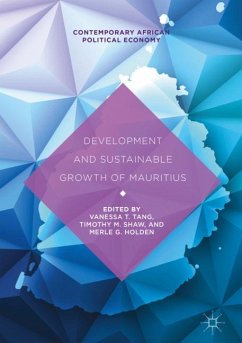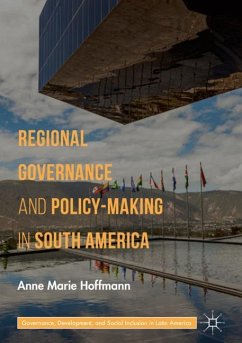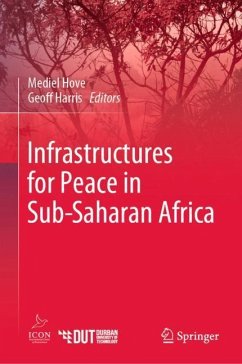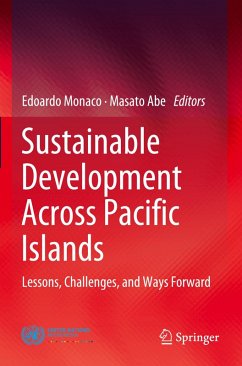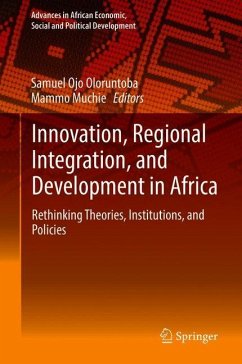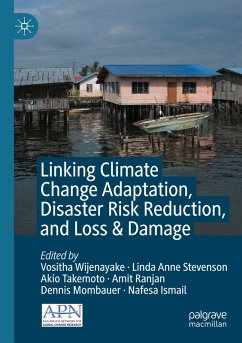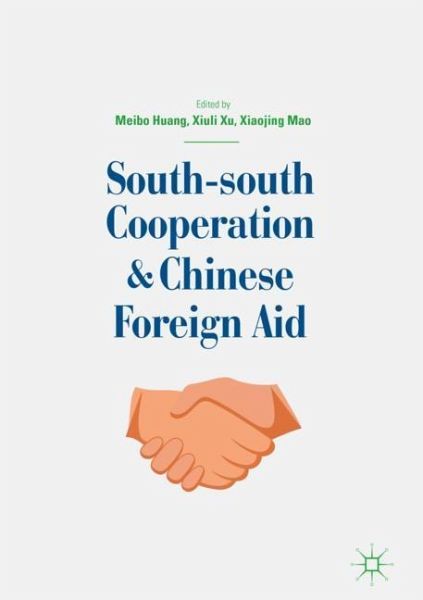
South-south Cooperation and Chinese Foreign Aid

PAYBACK Punkte
49 °P sammeln!
This book is a collection of 15 case studies on China's foreign aid and economic cooperation with developing countries. Each case introduces the general information of a China's project, analyzes its features and impacts, and especially focuses on analysis of the characteristics of China's foreign aid under South-South Cooperation framework, which shows the differences of foreign aid by emerging economies from that by traditional donors in aid ideology, principles, practices, and effects. This book is one of the research projects by China International Development Research Network (CIDRN), as ...
This book is a collection of 15 case studies on China's foreign aid and economic cooperation with developing countries. Each case introduces the general information of a China's project, analyzes its features and impacts, and especially focuses on analysis of the characteristics of China's foreign aid under South-South Cooperation framework, which shows the differences of foreign aid by emerging economies from that by traditional donors in aid ideology, principles, practices, and effects. This book is one of the research projects by China International Development Research Network (CIDRN), as part of its contribution to the activities under the Network of Southern Think-tanks (NeST).



